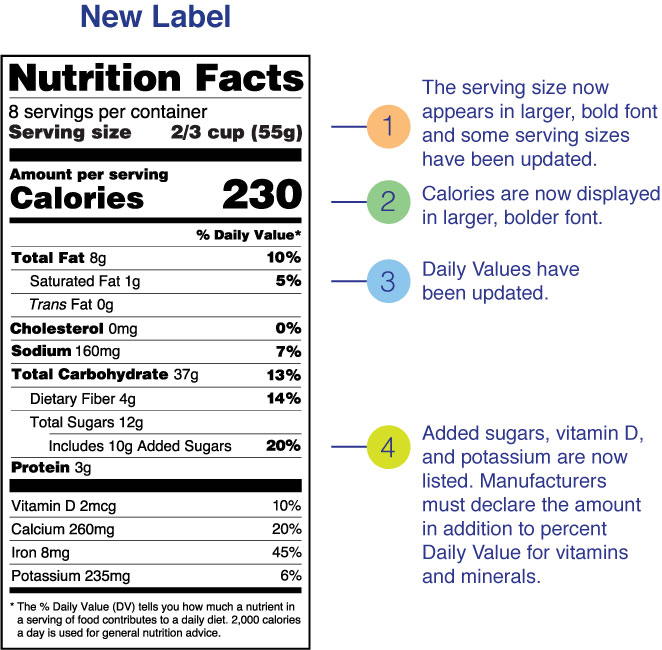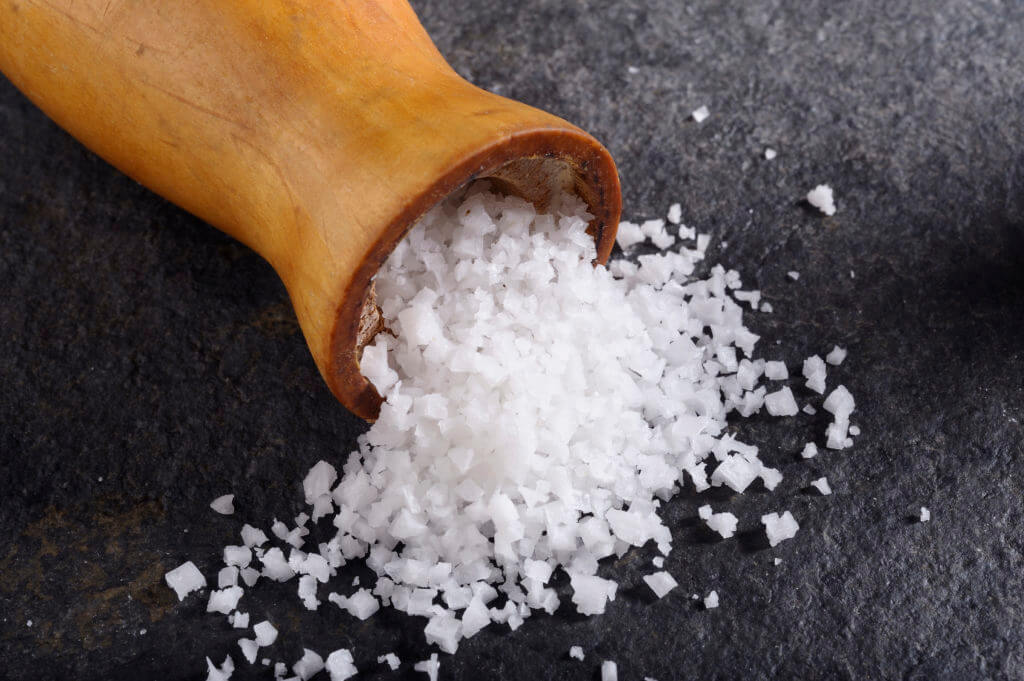Do you usually flip over a food package to read the nutrition facts label? If so, is the amount of sodium in the food something you notice?
Grab your favorite packaged snack or meal and check out the amount of sodium per serving of that food. The amount of sodium listed on that nutrition facts label is represented as a percentage of the Centers for Disease Control and Prevention recommended limit for sodium in the diet: less than 2,300 mg, or 1 teaspoon, per day.
We asked Sanford Health dietitians to help decode the guidelines.
Benefits of sodium
Sodium is an important mineral in the body. Among many other functions, it is important for helping to maintain fluid balance in the body and is also lost in the sweat at a much greater quantity than other electrolytes (such as potassium and magnesium).
More and more, we hear about how important it is to reduce the amount of sodium in the diet to prevent or reduce high blood pressure and associated health issues, but is this recommendation for all athletes?
Enlarge

Graphic by U.S. Food and Drug Aministration
When to limit
Despite the importance of sodium in the diet, one reason the limit recommendation exists is because for people with hypertension, or high blood pressure, limiting sodium can help reduce blood pressure levels.
Despite this recommendation, most Americans are eating an average of 3,400+ mg of sodium per day, or nearly 1-½ teaspoons of salt every day, and most of that salt is coming from processed and prepared foods, not necessarily the salt shaker at the dinner table.
What’s right for an athlete
What does this mean for athletes and active individuals who are sweating on a regular basis? What about young people or those who don’t have any issues with their blood pressure? Is salt something everyone should try to limit?
There is no short answer to whether everyone should be limiting salt. One factor to consider is that some individuals are more sensitive to the effect of salt on blood pressure. Additionally, other variables such as time spent training, environment in which exercise is performed and the rate and electrolyte composition of sweat varies from person to person.
From the nutrition perspective, the majority of salt in the diet is coming from those processed and prepared foods, and everyone could benefit from eating fewer of those more processed foods, eating out less and cooking at home more. These habits make room in the diet for more healthy foods (fruits and vegetables, whole grains, lean proteins, healthy fats, dairy, beans/legumes), which is likely good for everyone.
Athletes and other active people should consider the amount of sodium in their diets and whether they may need additional sodium based on their exercise and training.
For regular exercisers (30-60 minutes a day, five to seven days a week), the dietary guidelines for sodium in the diet is likely adequate to replace any sodium lost in the sweat.
For athletes, especially those exercising regularly over 90 minutes a day, or several times a day, especially under conditions where they are losing a significant amount of sweat (hot/humid environment and/or high sweat rate), replacing that salt (and other electrolytes) lost in sweat is important for maintaining hydration, so limiting salt in the diet may not apply. These athletes may need to take in additional sodium and other electrolytes during and/or after extended exercise sessions and races due to sweat sodium losses – 1 gram per hour is recommended when there are heavy sweat losses (long runs/rides/races).
Schedule an assessment
For athletes who want to dial in their hydration and nutrition plan, they can call Sanford Sports to find out more about the sweat test.
Sanford Sports can perform individual evaluations for athletes who want to know more about their sweat fluid and electrolyte losses so they can more optimally prepare for, manage and recover from sweat fluid and electrolyte losses incurred during training or competition.
Learn more
- Marathon week nutrition affects performance
- Hydration: What athletes need to know
- TikTok nutrition trends: What’s safe versus a scam
…
Posted In Health Information, Healthy Living, Nutrition, Orthopedics, Running, Sanford Sports, Sports Medicine
